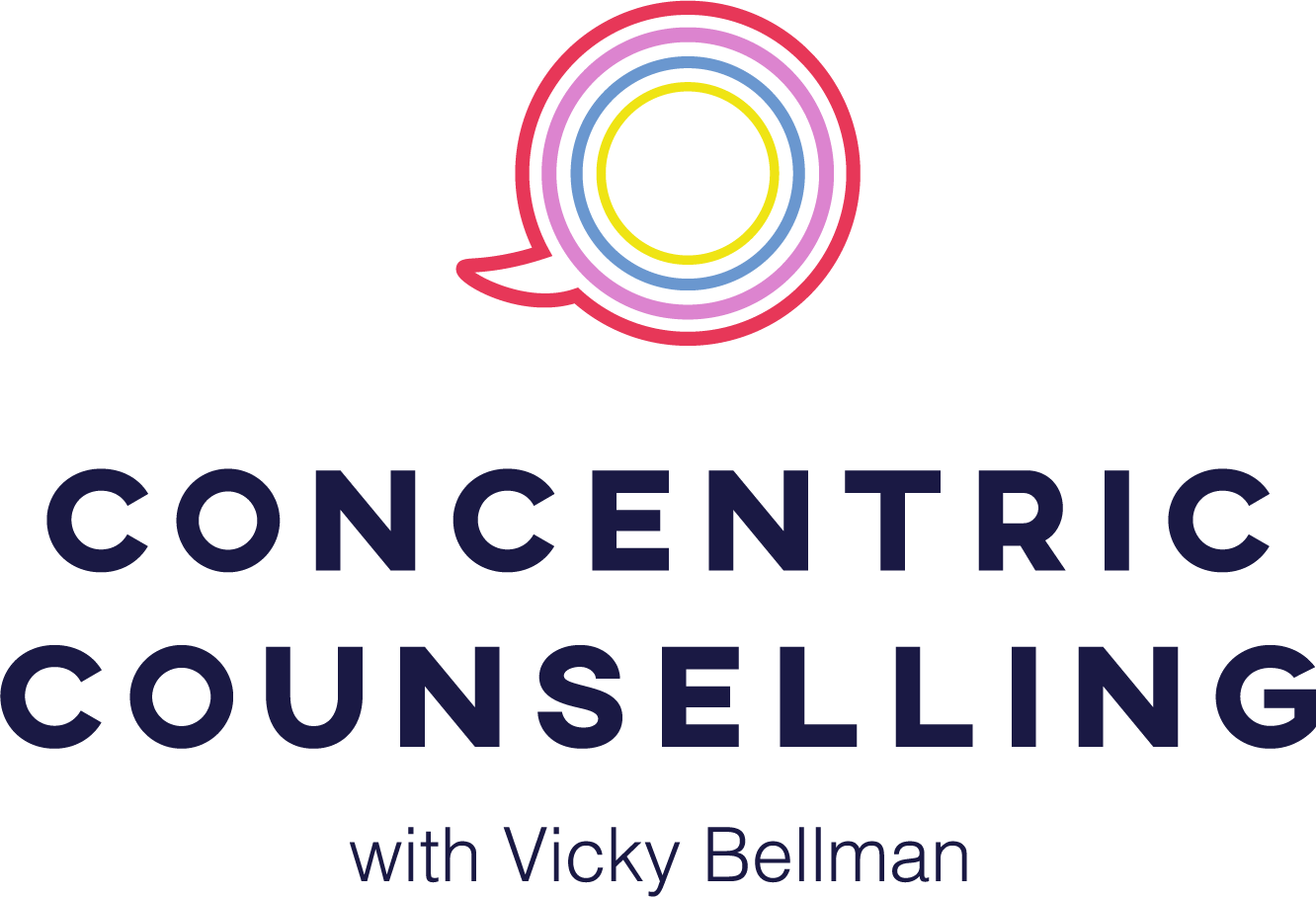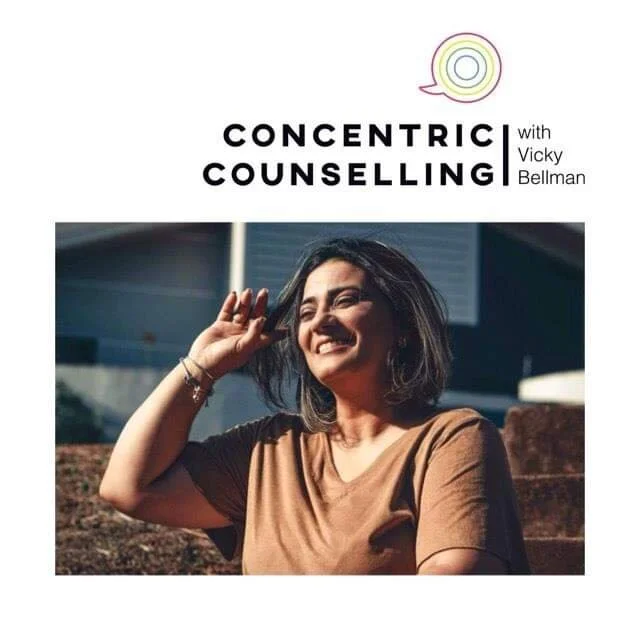What recovery restores... satisfaction
It’s my final piece for Eating Disorder Awareness Week 2020, and a chance to reflect on all that recovery can restore to us. This week, I’ve looked at how recovery can restore to us a sense of self, core wisdom, time and connection. I say it a lot, but recovery isn’t just about weight restoration - it’s about all the other things that recovery can restore to us. Today, however, I am talking about food; although, in another sense, it’s not about the food at all…
what recovery restores… satisfaction
In an experience of disordered eating or eating disorders, food gets reduced to the bare minumum of what it represents - energy units. Counting and controlling, we forget all the other reasons why we eat. Recovery restores to us all the potential of food - all its wonderful satisfaction and nourishment - yes, physically, but also mentally, emotionally and spiritually.
When a baby breastfeeds, they’re not just doing it for hunger and thirst; they’re also doing it for connection, comfort, pain relief and immunity. And, honestly, multi-faceted relationship with food is one we can retain throughout our lives. When people are asked why they go out to dinner, food is often the fourth or fifth reason they give: it’s also… celebrating, trying something new, seeing loved ones, to be served and looked after, convenience. Whilst a good meal in a good restaurant is delicious and something to savour, it isn’t the totality of the experience. And when we deny ourselves food, we deny ourselves everything that goes with the experience of eating for more than the very basics.
RESOURCE
To reduce food to just food, without context or connection, is to reduce away the potential of food. When freed from obsession and rigid rules, food is a useful resource - not just a necessary fuel, but also a tool for connection, comfort, convenience, celebration, nostalgia and memory. Diet culture would have us believe that food is something to be controlled and manipulated, and that eating for any reason other than hunger is a weakness. But it isn’t weak; it’s human. When we deny ourselves the feeling of food satisfaction, we suppress our satisfaction in all areas of our life.
POTENTIAL
When our relationship with food becomes distorted, we spend a huge amount of time and effort attempting to regulate away our food intake. What recovery restores is the potential of food - to be more than just fuel, to be more than just the very basic. Recovery restores our potential to reconnect with food, and with all that is connected with food. We talk a lot about reestablishing our hunger and satiety cues, and satiety isn’t just a physical thing; the satisfaction of food also comes from its connection to memory, to joy, to family and friends, to our past and our grounding and our anchoring in life - all that makes us human.
This article isn't a substitute for counselling, although I do hope it helps. If this article has resonated with you, consider seeking professional support. You can work with me in London, Kent or online, by contacting me at hello@concentriccounselling.com or 07419 190930.











